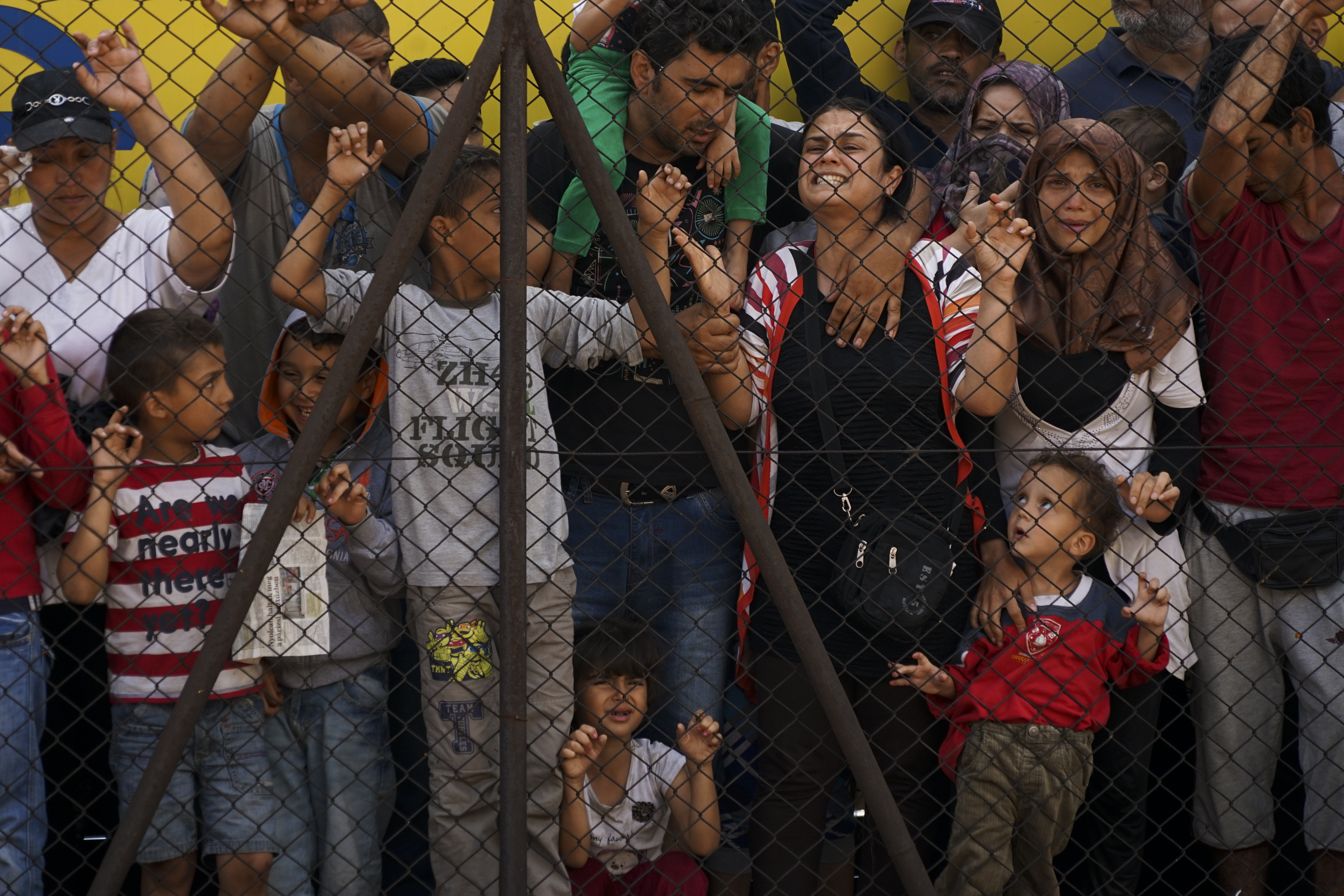But the economic center of Europe, which in 2015 received a million refugees, is not the only European country that adheres to this approach.
New government data and the report of the European Commission on funds allocated for the financing of migrants voluntarily returning home prove the fact that Sweden, giving individual refugees up to 3,050 eurosand families 7,620 euros, has created the best offer in the entire union.
Great Britain and Spain come next, giving migrants 2 thousand euros. Finland is the third, offering immigrants 1,500 euros.
In 2016, France for a while increased sums allocated to refugees from 650 euros to 2,500 euros.
Countries in Eastern Europe, such as Romania, Bulgaria, Slovakia, Latvia, can'f offer much. Yet, Portugal proposed only "pocket money of 50 euros to reimburse any travel costs" to migrants to returning home. And yet at least it's something, unlike in the case of other member states of the European Union, like the Czech Republic, which did not offer any monay at all.
Yet, even countries that did not offer money time and again continue to provide assistance when migrants returned to their home country (and also paid for flights home).
The assistance varied from providing medical care, locating, accessing education, obtaining a scholarship or credit to providing equipment, furniture, or learning opportunities in the workplace. Those migrants who voluntarily went back to their homeland from Germany were offered subsidies for a year, which were to assist in paying for rent, repair a house or get some equipment for kitchen.
In 2017, the European Commission told that imbalances in the amounts of payments that migrants make to help them return to their homeland will force many of them to rush into the pursuit of a better share. The Commission urged that the volume of payments and assistance be agreed upon throughout the block.
source: qz.com
New government data and the report of the European Commission on funds allocated for the financing of migrants voluntarily returning home prove the fact that Sweden, giving individual refugees up to 3,050 eurosand families 7,620 euros, has created the best offer in the entire union.
Great Britain and Spain come next, giving migrants 2 thousand euros. Finland is the third, offering immigrants 1,500 euros.
In 2016, France for a while increased sums allocated to refugees from 650 euros to 2,500 euros.
Countries in Eastern Europe, such as Romania, Bulgaria, Slovakia, Latvia, can'f offer much. Yet, Portugal proposed only "pocket money of 50 euros to reimburse any travel costs" to migrants to returning home. And yet at least it's something, unlike in the case of other member states of the European Union, like the Czech Republic, which did not offer any monay at all.
Yet, even countries that did not offer money time and again continue to provide assistance when migrants returned to their home country (and also paid for flights home).
The assistance varied from providing medical care, locating, accessing education, obtaining a scholarship or credit to providing equipment, furniture, or learning opportunities in the workplace. Those migrants who voluntarily went back to their homeland from Germany were offered subsidies for a year, which were to assist in paying for rent, repair a house or get some equipment for kitchen.
In 2017, the European Commission told that imbalances in the amounts of payments that migrants make to help them return to their homeland will force many of them to rush into the pursuit of a better share. The Commission urged that the volume of payments and assistance be agreed upon throughout the block.
source: qz.com





